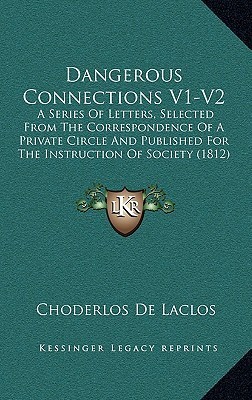What do you think?
Rate this book


530 pages, Hardcover
First published January 1, 1782
Come back, my dear Vicomte, come back.

Whereas you, wielding skilfully the weapons of your sex, triumph by subtlety, I, rendering his imprescriptible rights to man, subjugated by authority.
